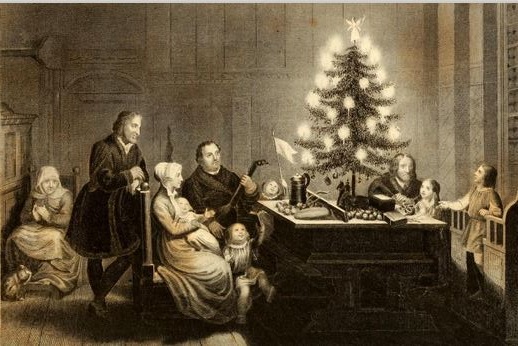I was recently on The 4th Watch Radio Show with Justen Faull discussing Christmas:
Christmas Closure: An Alternative View with special guest Cris D. Putnam
In this episode Justen and Cris compare popular pagan claims about Christmas, with corresponding contradictions in historical documentation. The adventure includes controversial alternative views, as well as answers the question “Should Christians divide over Christmas?”. Join us tonight for these and much more! This is one broadcast you won’t want to miss!
http://4thwatchradio.blogspot.com/2014/12/the-4th-watch-radio-show-with-justen_18.html
My friend Cliff Garner (PhD candidate in history) was on Beyond Extraordinary:
Beyond Extraordinary Ep. 32: Debunking the “Pagan Christmas” Myth with Cliff Garner
Is it wrong for a Christian to celebrate Christmas? Are our Christmas traditions mired in pagan symbolism? Is Christmas a day that once belonged to an assortment of sun gods? Can a Christian celebrate the birth of Jesus Christ on December 25th in spirit and truth? Should we? Where did these “Pagan Christmas” ideas come from?
These are the questions we’re taking on in this very important Christmas episode of Beyond Extraordinary.
And a Messianic Rabbi takes a stand for Christmas on the Iron Show:
IRON SHOW LIVE 51 – DEFENDING CHRISTMAS WITH RABBI MIKE
Rabbi Mike – aka Michael Bugg Defends and explains Christmas. Rabbi Mike shows us how even the WORD itself uses pagan themes.
http://fringeradionetwork.com/iron-show-live-51-defending-christmas-with-rabbi-mike/





